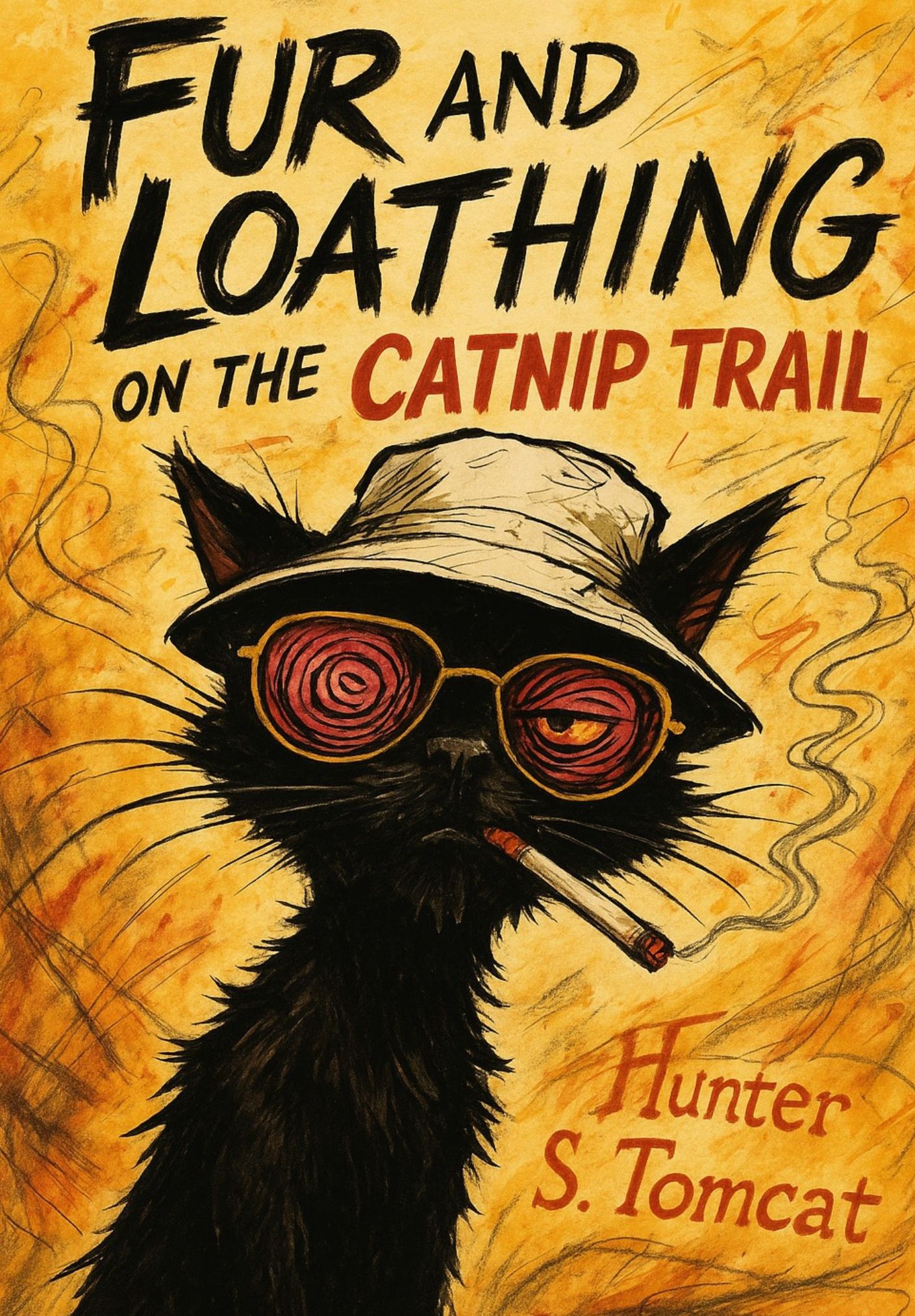In the grim theater of American politics, where the puppet strings are tangled with the detritus of misadventures and folly, there emerges a figure of such staggering incompetence and blithe insouciance that it demands both scrutiny and a stiff drink. Yes, I speak of George W. Bush—the man who steered the ship of state with the finesse of a drunken sailor navigating a storm-swept sea, plunging us headlong into the chaos of 9/11, igniting a war based on nothing more substantive than a bag of lies, and now sits in the privileged position of non-endorsement, like some jaded spectator in a debauched carnival.
The story begins in the year 2000, when the American electorate, in an act of collective psychosis, decided that a man whose chief qualification was his name should become President. George W. Bush, son of the First George, a man who had spent his adult life stumbling through the corridors of Texas power and privilege, was elected to lead the free world with all the gravitas of a soap opera star. It was a spectacle of absurdity —a prelude to the great farce that would define his presidency.
Then came the fateful day of September 11, 2001 — a day that slapped America awake with the brutal force of an existential punch. The attacks on the World Trade Center and the Pentagon were not merely a national tragedy but a grotesque betrayal of the American psyche. And who was at the helm? The man who had spent his first eight months in office blissfully ignoring the rising threat of global terrorism, all while playing cowboy and cutting tax breaks for the wealthy. It was a cosmic joke, and America was the punchline.
But Bush wasn’t finished with his grand performance. No, he was just getting started. With a swagger that could only come from a cocktail of arrogance and ignorance, he launched into the Iraq War—a conflict justified by the now-infamous claims of weapons of mass destruction. These claims, as it turned out, were as real as a unicorn in the White House garden. Yet, Bush and his gang of sycophants pushed onward, marching to war with the gusto of a pack of rabid dogs. The aftermath was a quagmire of blood, oil, and shattered lives—a grotesque monument to the folly of hubris.
Fast forward to today, and Bush, that once-cocky defender of the so-called “War on Terror,” now finds himself in the curious position of not endorsing any presidential candidate. The irony is almost too rich to stomach. The man who once held the reins of power with such careless abandon now sidesteps the fray like an aged matinee idol avoiding the press. He’s a man detached from the chaos he helped create, an observer in a theater of absurdity he once directed with catastrophic zeal.
Bush’s non-endorsement is not a grand gesture of humility or reflection; it’s the final act of a man who has learned that the game is no longer his to play. His absence from the endorsement stage speaks volumes about the tenuous nature of his legacy. He’s left to ponder his place in history, a figure who will be remembered not for any great achievements, but for a series of blunders that made the world a more dangerous place.
In the end, George W. Bush is a cautionary tale of what happens when power is wielded by those who lack the wisdom to handle it. His presidency was a circus of monumental errors and ethical lapses, and now, as he drifts away from the political limelight, he embodies the disconnection between a leader and the consequences of their actions. The hall of shame will have a prominent place for him, that’s for sure.
